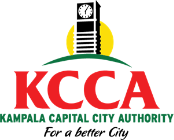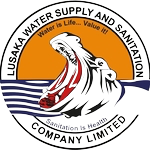The Bill & Melinda Gates Foundation’s Citywide Inclusive Sanitation (CWIS) initiative includes direct support to eight cities across Sub-Saharan Africa and South Asia that are redesigning their urban sanitation service systems with a CWIS approach. This approach is aimed at advancing safe, equitable, and sustained services across each city, with a focus on ensuring services reach women, girls, and low-income communities. The Foundation defines CWIS as follows:
Citywide Inclusive Sanitation (CWIS) is a public service approach to advance Equitable, Safe, and Sustainable outcomes, by strengthening core public system functions of Responsibility, Accountability, and Resource Planning and Management.
CWIS Outcomes
CWIS Functions
- National/State Level
- City Level
The eight CWIS cities represent a diverse range of demographic, geographic, and sanitation system characteristics. Each city is taking its unique path to overcome challenges and achieve common CWIS goals. Find out more about each of their CWIS initiatives using the bar above.

Khulna, Bangladesh
Population: 1.5 million
Population Dependent on Onsite Sanitation: 100% (as of 2020)
Partner Organization: SNV Netherlands Development Organisation (NGO)
CWIS Highlights:
- Khulna City Corporation (KCC) introduced an Integrated Municipal Information System (IMIS) to link data collected from Fecal Sludge Management (FSM) services with that from other municipal services including holding tax, trade licenses for business, and other tariff processes.
- Khulna constructed its first ever Fecal Sludge Treatment Plant (FSTP) with a capacity of 180 KLD, which can treat almost 40% of the fecal sludge generated in the city.
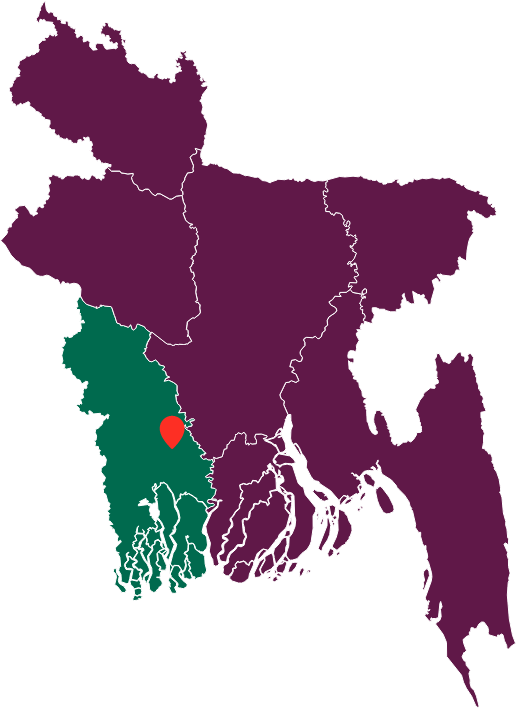
Narsapur, India
Population: 58,000
Population Dependent on Onsite Sanitation: 100%
Partner Organization: Administrative Staff College of India (Technical Support Unit)
CWIS Highlights:
- The Narsapur Municipal Corporation (NMC) carried out a GIS-based sanitation survey of all the properties in the town followed by a vulnerability assessment and a gender audit. NMC has developed a gender-integrated city sanitation plan and implemented measures covering gender budget, gender forums, and livelihood for workers in sanitation.
- Narsapur set up its first FSTP based on pyrolysis technology. Learning from the Narsapur experience, the Andhra Pradesh State Government is scaling up FSTPs to all 76 municipalities in the state through PPP (Hybrid Annuity Model).
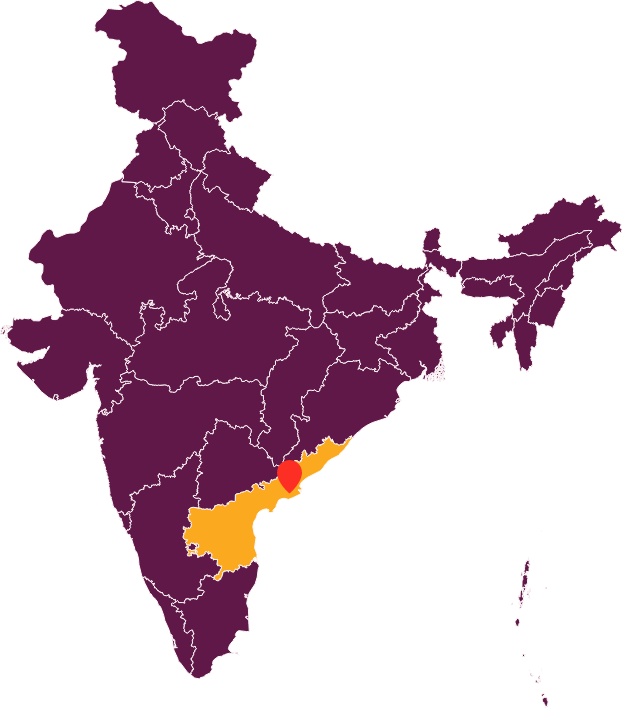
Trichy, India
Population: 900,000
Population Dependent on Onsite Sanitation: 55%
Partner Organization: Indian Institute of Human Settlement (Technical Support Unit)
CWIS Highlights:
- Trichy upgraded three of its four sewage pumping stations to decanting stations where desludging operators can dispose of the collected fecal sludge for co-treatment at the Sewage Treatment Plant. This also reduces the distance that the vacuum truck drivers have to travel.
- Trichy City Corporation (TCC) has empaneled all the private desludging operators in the city and uses a GPS based system to monitor the operation and disposal of FS. All operators are required to obtain a license from TCC with annual renewal, and are fined with a show-cause notice if they are found with illegal practice (illegal dumping or not wearing adequate protective gear).

Wai, India
Population: 43,000
Population Dependent on Onsite Sanitation: 100%
Partner Organization: Center for Water and Sanitation - CEPT University (Technical Support Unit)
CWIS Highlights:
- Wai is the first city in India to implement scheduled desludging. It is funded through the sanitation tax levied on all households, institutions, and commercial establishments, with the gap filled by Wai Municipal Council’s (WMC) own revenue from property tax surplus.
- To implement scheduled desludging, WMC engages a private desludging operator through a performance-based contract, and pays the service provider through an Escrow account with the local bank.
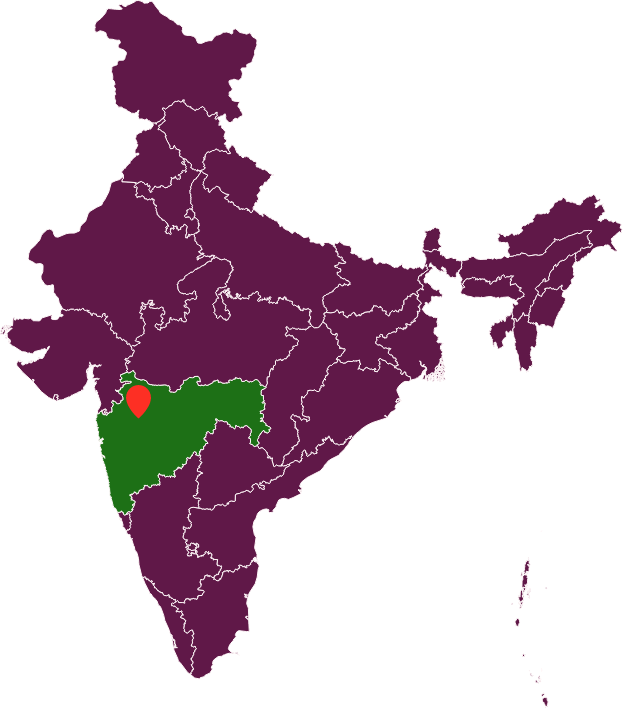
Warangal, India
Population: 800,000
Population Dependent on Onsite Sanitation: 100%
Partner Organization: Administrative Staff College of India (Technical Support Unit)
CWIS Highlights:
- The Greater Warangal Municipal Corporation (GWMC) has implemented innovative models of public toilets – exclusive toilets for women and toilets in fuel stations – via PPP, with service level agreements and ICT-based monitoring. Lessons are being scaled up across the State of Telangana.
- Warangal is the first city in the country to have passed Fecal Sludge and Septage Management (FSSM) regulations and to have operationalized two FSTPs. Informed by the Warangal experience, the State has scaled up FSTP development in 142 municipalities through PPP and public funding.

Dakar, Senegal
Population: 3.8 million
Population Dependent on Onsite Sanitation: 80%
Partner Organization: Office National de l'Assainissement du Sénégal (National Utility)
CWIS Highlights:
- ONAS has delegated all Fecal Sludge Treatment Plants (FSTPs) in Dakar to a group of private players through an affermage PPP model, wherein the private operators collect user fees and pay the public entity a fee for leasing the facilities.
- ONAS designed and built 100 innovative toilets for the flooded and flood-prone areas of Dakar, where the majority of the vulnerable population live. Beneficiary households were provided a sanitation loan to pay for the toilet, at 3% interest rate payable in 36 months.
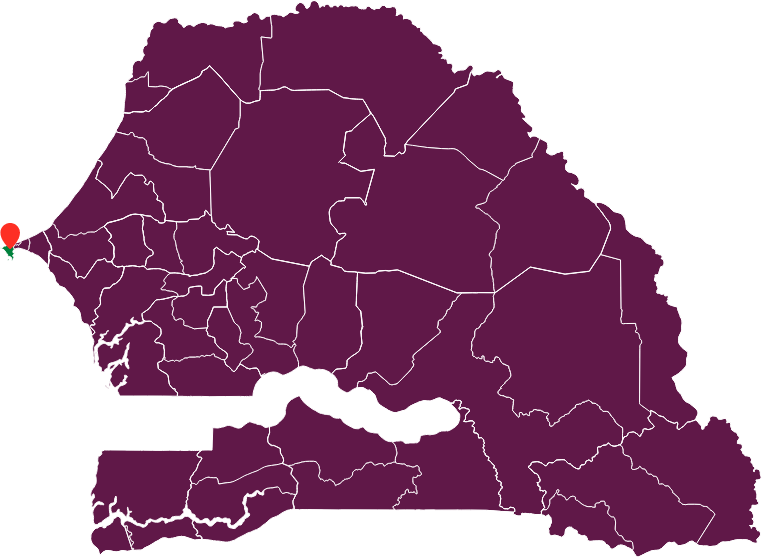
Kampala, Uganda
Population: 1.5 million
Population Dependent on Onsite Sanitation: 92%
Partner Organization: Kampala Capital City Authority (City Government)
CWIS Highlights:
- Kampala developed a Sewage and Faecal Sludge Management Ordinance (2019), which now serves as the legal instrument for implementing FSM standards in the city.
- KCCA is piloting a new subsidy application to guide provision of subsidies for pit emptying services for vulnerable households in low income areas prone to diarrheal disease outbreaks. The subsidy targets women headed HHs among other factors.
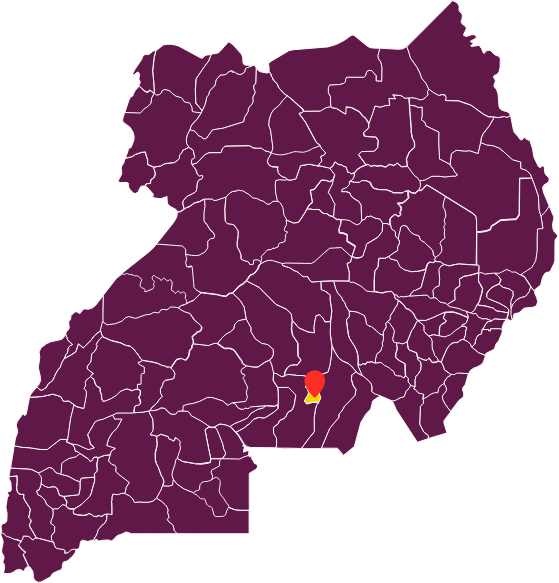
Lusaka, Zambia
Population: 2.5 million
Population Dependent on Onsite Sanitation: 84%
Partner Organization: Lusaka Water and Sanitation Company (Regional Utility)
CWIS Highlights:
- LWSC developed an FSM model for providing quality and safe emptying services to households not connected to the centralized sewer system. Six operators are currently serving households in low income settlements at an affordable cost.
- LWSC, Lusaka City Council (LCC) and Ministry of Health (MoH) jointly developed and operationalized an integrated M&E system, the Lusaka Sanitation System, to produce results on an agreed set of citywide indicators and share data.
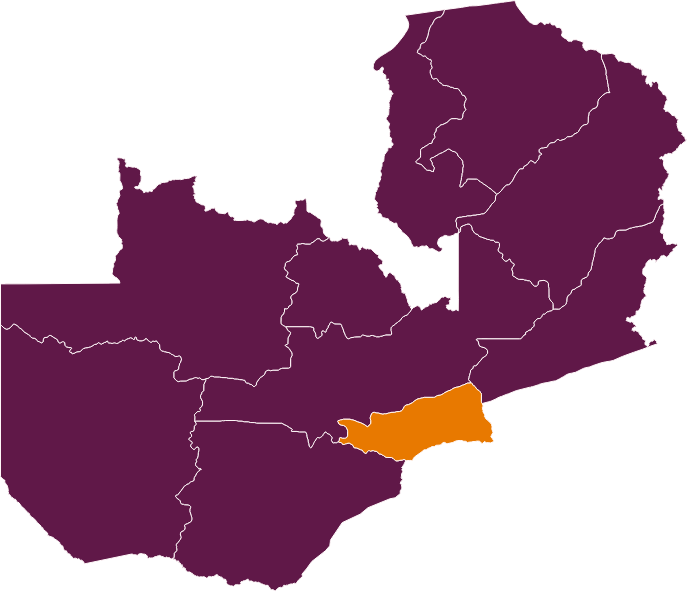
The Monitoring, Learning, and Evidence (CWIS-MLE) program shares progress, good practice, insights, and tools from these eight cities. The aim is to promote a “learning and sharing while doing” approach among cities and the sector.
This is a platform for showcasing ongoing results from the program and is a resource center for those interested in learning about the different pathways taken by these cities.

CWIS DASHBOARD
The CWIS dashboard is designed to help the CWIS city grantees monitor and track their progress from their baselines and quickly see how their peers are performing on similar metrics.

CWIS LEARNING
A collection of factsheets and learning briefs on and from the eight CWIS cities, aimed at providing insights into a range of questions on CWIS policy and implementation. Click here to view our library of CWIS documents.
Shortcut to Key Insights and Tools

CWIS City Snapshots
City Snapshots are compact summaries of CWIS initiatives that are being implemented in eight cities. These snapshots outline the pathway taken by each city to achieve its CWIS goals and tracks the progress being made, including key shifts in institutional and service delivery models to support safe, equitable and sustainable delivery of services.

Webinars and videos
Conversations among implementers and service authorities can be particularly illuminating. A number of webinars have already been held, with more to come.
Access recordings of past webinars and other films from the cities on

Practical insights from CWIS cities
These publications present some of the approaches taken by the eight CWIS cities to tackle common issues in delivering safe sanitation. They delve into actual practice, so implementers and service authorities can learn from one another.

City Data Ecosystems
These reports give an overview of the sanitation data ecosystem in each of the CWIS cities, as of 2021. They review data across the sanitation service chain, including an analysis of some key factors influencing the availability and sustainability of data.

CWIS tools and guidance
These are a set of practical instruments designed to help implementers and others working to put CWIS-appropriate planning and processes into actual practice.
More tools and useful guidance will be added soon, so check back here for any updates.
Download
CWIS initiatives are being implemented in eight cities by seven partners, including ASCI, CEPT, IIHS, KCCA, LWSC, ONAS, and SNV. Athena Infonomics is the MLE partner supporting these seven lead partners on monitoring and learning. The CWIS programs in these eight cities and the MLE initiative are funded by the Bill & Melinda Gates Foundation.
Interested in knowing more about the CWIS MLE program, the CWIS measurement framework, or potential collaboration? Email us at cbd@athenainfonomics.com




